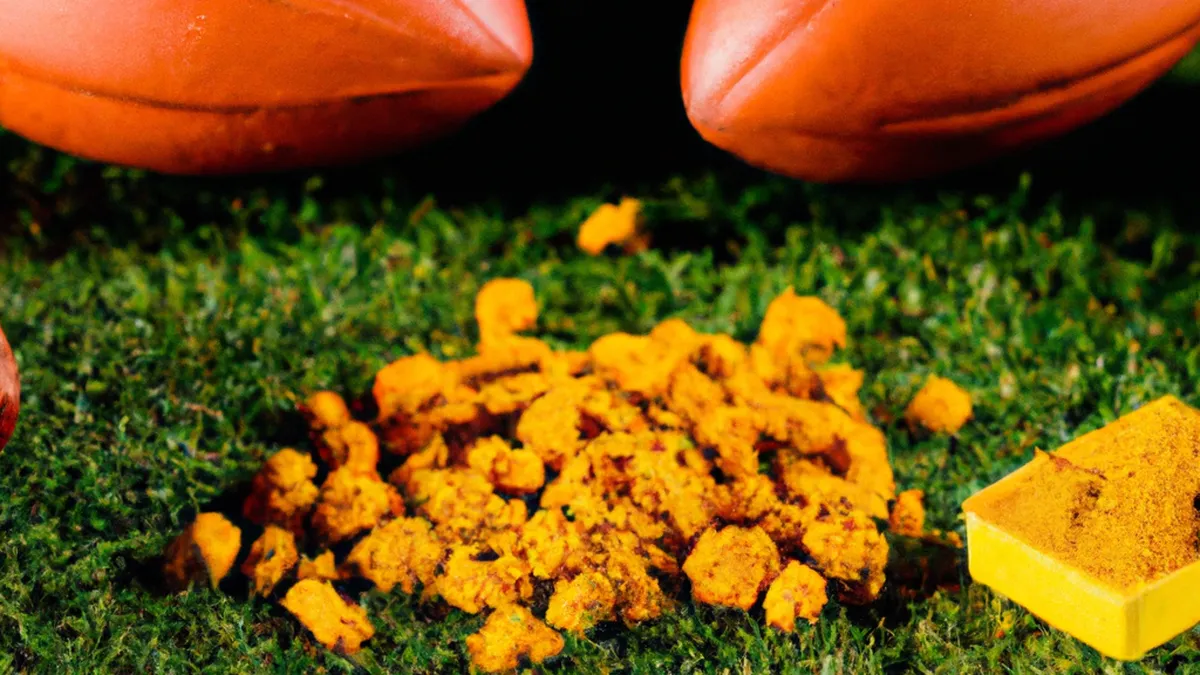Include Turmeric in Your Post-Workout Diet
Anti-Inflammatory Foods for RecoveryRecovery is essential for optimal health. Whether you are an athlete or simply want to improve your well-being, food plays a key role. Anti-inflammatory foods help reduce inflammation, promote healing, and support overall health. This blog highlights the best anti-inflammatory foods, their recovery benefits, and tips for daily incorporation.
What Are Anti-Inflammatory Foods?
Anti-inflammatory foods reduce body inflammation. Inflammation occurs as the immune system responds to injury or infection. However, chronic inflammation can cause health issues like chronic pain and autoimmune diseases. Eating a diet rich in anti-inflammatory foods combats these conditions and supports recovery.
Fruits and Vegetables
Fruits and vegetables form the basis of an anti-inflammatory diet. They provide vitamins, minerals, and antioxidants that protect the body from oxidative stress. **Berries**, including blueberries, strawberries, and blackberries, offer high levels of flavonoids and vitamins C and E. These nutrients help reduce inflammation and protect against cell damage.**Leafy greens** like spinach, kale, and Swiss chard also provide essential nutrients. They contain vitamins A, C, K, and several B vitamins, plus minerals like calcium and magnesium. Cruciferous vegetables, such as broccoli, Brussels sprouts, and cauliflower, contain sulforaphane. This compound reduces inflammation and supports detoxification in the body.
Healthy Fats
Healthy fats significantly contribute to an anti-inflammatory diet. Foods rich in **omega-3 fatty acids**, like fatty fish (salmon, mackerel, sardines), walnuts, chia seeds, and flaxseeds, effectively lower inflammation and promote heart health. Omega-3s reduce inflammatory molecule production and support brain function.**Olive oil** serves as another fantastic source of healthy fat. It contains oleocanthal, which mimics anti-inflammatory drugs. Use olive oil in cooking or as a salad dressing to enjoy its health benefits and enhance dish flavors.
Whole Grains
Whole grains form another important part of an anti-inflammatory diet. Foods like brown rice, quinoa, barley, and oats provide fiber and nutrients. Fiber plays a vital role in digestion and helps reduce body inflammation.Whole grains offer sustained energy, crucial for recovery after intense physical activity. They also contain antioxidants that combat oxidative stress. When choosing grains, opt for whole varieties.
Conclusion
As an Amazon Associate I earn from qualifying purchases.
Gear tip: consider football, receiver gloves, and mouthguard to support this topic.
Incorporate anti-inflammatory foods into your diet for better recovery and overall health. Enjoy the benefits from fruits, vegetables, healthy fats, and whole grains.
Below are related products based on this post:
FAQ
What are anti-inflammatory foods?
Anti-inflammatory foods are those that help reduce inflammation in the body. They play a crucial role in recovery by combating chronic inflammation, which can lead to various health issues, including chronic pain and autoimmune diseases.
Why are fruits and vegetables important in an anti-inflammatory diet?
Fruits and vegetables are rich in vitamins, minerals, and antioxidants that protect the body from oxidative stress. Berries and leafy greens, in particular, provide essential nutrients that help reduce inflammation and support overall health.
How do healthy fats contribute to recovery?
Healthy fats, especially those rich in omega-3 fatty acids, significantly lower inflammation and promote heart health. Foods like fatty fish, walnuts, and olive oil not only support brain function but also enhance the flavors of dishes while providing health benefits.















Post Comment